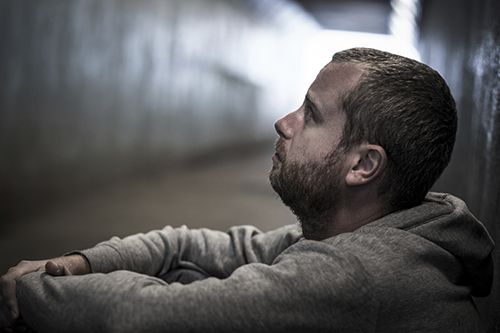
Dr Greg Ryan shared a lively and thought-provoking session on synodality at the National Meeting. His father Lawrence served for many years as a dedicated SVP member in Stockton-on-Tees. In this article Greg explores what synodality might mean for the SVP and the Church
Becoming a synodal church has many dimensions. For example, as the walking together of all the baptised, there is a significant ecumenical element to it, which is starting to be explored much more fully. Synodality raises all kinds of new questions about who is listened to in decision-making and how that listening takes place. This is not just an internal church conversation about participation and communion but more about looking outwards in mission to the world in the widest sense.
Pope Francis reminds us that in a synodal church, “everyone has something to learn”. There is a need for wider synodal processes and structures which enable, encourage and support inclusive and regular participation at all levels. And most important of all is to develop a synodal style which is seen as the Church’s ordinary, everyday way of living and working. It means so much more than simply inverting the pyramid of a hierarchical structure. It is about widening the horizon of what synodality is, from bishops working together in news ways at special events, to creating a culture in which all the People of God walk together, while listening and learning from each other.
Communion, participation and mission - a trio of three keywords taken from the subtitle of the 2021-24 synodal process, can be explored to determine what synodality might mean for the SVP and the Church.
The SVP understands communion. It walks with - not for – people. Not as a secular NGO but as church, rooted in a particular place, and in prayer. How does it do this? Brilliantly and simply, by taking time to befriend. In our time-poor culture, this time-generous walking-with is essential learning for a synodal church.
The SVP is capable of expressing international concern and running effective national campaigns while retaining a distinctive freedom of action and culture at the most local level. In many ways this is a model of what effective synodality looks like.
Both your practice of befriending and your national campaigns on in-work poverty and levelling up are areas in which the SVP is modelling participation. For example, could the model of visiting in pairs be used to hear voices left out of synodal conversations in the past?
The final keyword, mission, seems most obviously to connect to the SVP. However, it also brings two thought-provoking challenges. First, how does the life and work of the SVP influence the life and “style” of the Church at parish level or more widely? Second, I recall the challenge issued to the young Frederic Ozanam “What is the Church doing about the poor?” and I wonder if the modern critic of the Church would ask “What is the Church doing for the planet?”. How would the SVP respond today?
Is the SVP ready to be a “teacher of the Church” in these three key areas – in parishes, dioceses, and nationally? I believe the Church could learn so much from you.
Dr Greg Ryan is an Assistant Professor in Theology at the Centre for Catholic Studies, Durham University.
